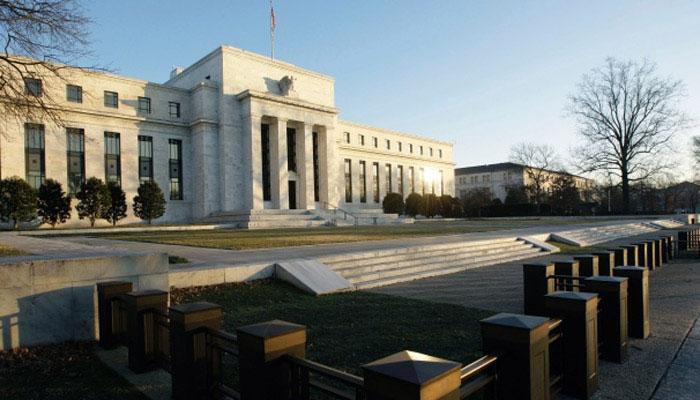Fed watching for financial shocks as risks build: Brainard
US stock markets remain near record highs despite a sharp increase in volatility this year, brought on in part by uncertainty over how the Fed might react to the fiscal boost and an economy that is expected to heat up.
Trending Photos
)
New York: High asset prices and growing economic pressure from U.S. fiscal stimulus mean financial markets may be particularly vulnerable to an unexpected shock, an influential Federal Reserve governor said on Tuesday, warning the central bank could respond with stronger requirements on banks as needed.
Fed Governor Lael Brainard said that for now risks to the U.S. financial system are "moderate" thanks in part to guard rails adopted in the wake of last decade`s crisis and recession. But with tax cuts and government spending risking a "booming" economy, she said the Fed would raise banks` capital buffers if vulnerabilities are shown to grow.
"Valuations seem stretched and cyclical pressures are building," Brainard, one of only three Fed governors, said at NYU`s Stern School of Business.
"In such circumstances asset prices might be particularly susceptible to an unexpected development that accentuates downside risks to the macroeconomic outlook," like concerns about high inflation or uncertainty about U.S. policy, she said.
U.S. stock markets remain near record highs despite a sharp increase in volatility this year, brought on in part by uncertainty over how the Fed might react to the fiscal boost and an economy that is expected to heat up.
While the Fed has said it backs prudent trimming of the crisis-era financial reforms, Brainard said it may become appropriate to fortify Wall Street`s resilience if "cyclical pressures continue to build and financial vulnerabilities broaden."
Turning to cryptocurrencies, she said it is hard to see how the recent "extreme volatility" of some of them could threaten overall financial stability. But these markets "may raise important investor and consumer protection issues, and some appear especially vulnerable to money-laundering concerns," Brainard said.
Stay informed on all the latest news, real-time breaking news updates, and follow all the important headlines in india news and world News on Zee News.
Live Tv







)
)
)
)
)
)
)
)
)
)
